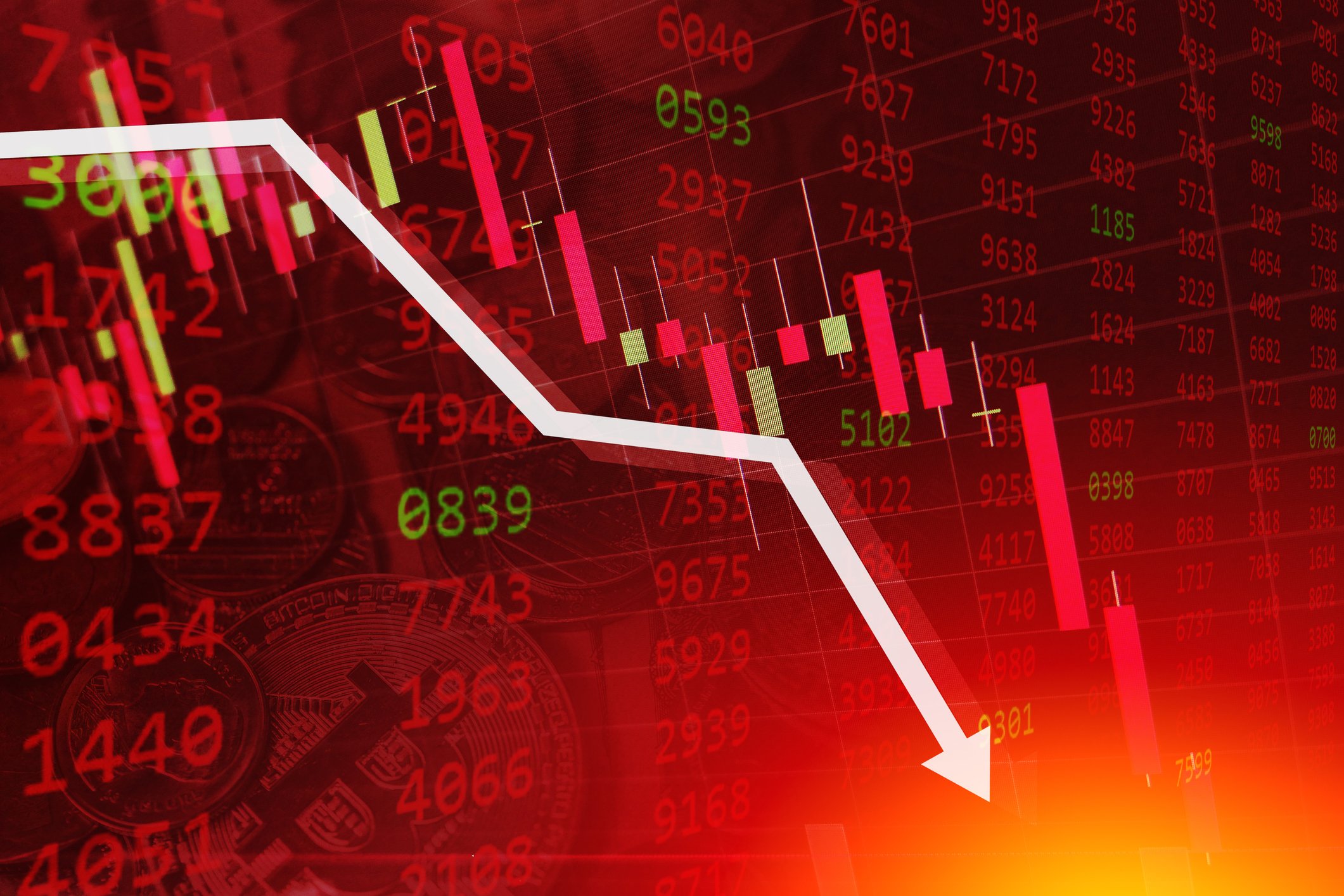It used to be a maxim of markets that when the economy was down, so-called "sin stocks" were up. People would drink more and smoke more, so shares of Budweiser parent Anheuser-Busch InBev (BUD +1.31%) would go up, as would the stock of cigarette maker Altria.
These days, though, that's not always the case. For alcoholic beverages, while volumes across the board may be higher, individual brands don't necessarily see the same increase. Mass producers like Budweiser and Molson Coors (TAP +3.87%) have seen the craft brewing phenomenon steal market share, despite it accounting for a relatively small percentage of the overall industry. Yet even Boston Beer's (SAM +5.00%) Samuel Adams brand, which arguably launched the craft brewing craze, has suffered from lackluster sales as more shelf space is dedicated to an ever-growing list of local beers.
It signals a level of maturity in the industry that Boston Beer and rival Yuengling can duke it out for king of craft-brewed beer, pushing the boundaries of the "craft" definition, but the former also understands it's confronting a market of changing tastes. That's why you'll find its hard cider and hard teas among the fastest-growing segments it has, and both MillerCoors and Anheuser-Busch have acquired hard-cider makers of their own.
A spiritual experience
These hard drinks and the overall spirits category have enjoyed a renaissance of sorts as consumers have proven willing to pay up for their premium brands. According to Beam (BEAM +0.00%), while the industry hasn't fully recovered, industrywide sales grew 3% to 4% over the past year. French spirits maker Pernod Ricard relies on the premium market for nearly three-quarters of its sales and Brown-Forman (NYSE: BF-B) premium Jack Daniels whiskey and Finlandia vodka figure heavily into its growth initiatives. Sales for the brands last quarter were up 15% and 20%, respectively, from the year-ago period, particularly as they benefited from global acceptance. Jack Daniel's remains the world's top American whiskey.
Diageo (DEO +4.29%) also understands well the dynamics of the changing market. Its Smirnoff vodka is "the world's best selling premium distilled spirit" and emerging markets will become an ever more important component of its sales effort, with particular focus on China.
The industry watchers at Interbrand publish an annual survey highlighting the best global brands. As you can see below, seven of the top 100 brands for 2012 belonged to alcoholic beverage makers.
|
Company |
Brand Rank |
Brand Value |
|---|---|---|
|
Budweiser |
31 |
$11.72 billion |
|
Jack Daniel's |
81 |
$4.35 billion |
|
Johnnie Walker |
83 |
$4.30 billion |
|
Corona |
89 |
$4.06 billion |
|
Smirnoff |
90 |
$4.05 billion |
|
Heineken |
91 |
$3.94 billion |
|
Moet & Chandon |
98 |
$3.82 billion |
Source: Interbrand.
So if brand has any importance in investing, we find that as a whole the distilled-spirits sector has enjoyed exceptional growth over the past year, rising on average 24%. Actually, absent the outlier, lousy performance of Polish vodka distributor Central European Distribution (NASDAQ: CEDC), the group's share performance over the past year would have been 11% higher. Beer brewers have had similarly good results.
So whether it's suds or spirits, there doesn't appear to be a let-up in the growth potential. You might just want to put a snifter full of them into your portfolio.










